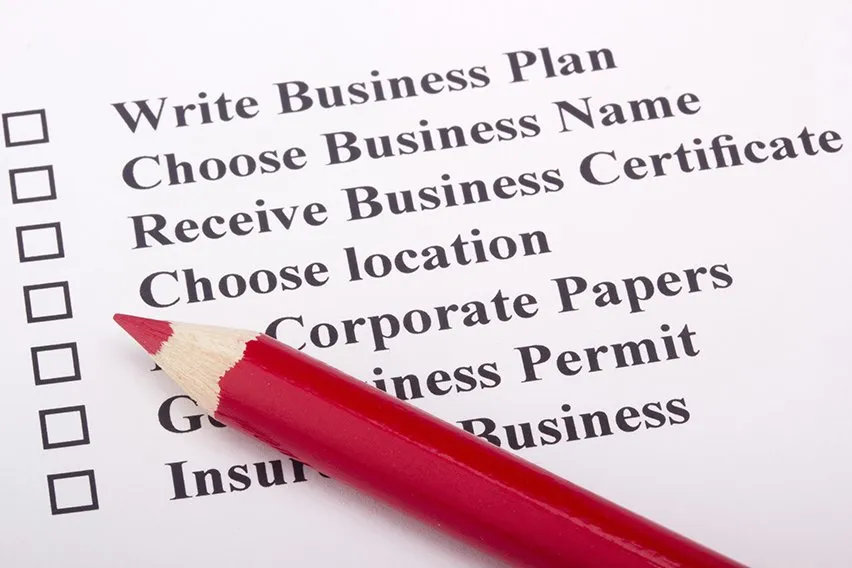5 Questions to Ask When Buying a Business

As an entrepreneur looking to expand or start a business, you may be in a position to purchase an already existing business.
Buying a business for sale can be a great business opportunity. It allows you to either build upon an already successful business or turn around the fortunes of a struggling business.
When buying a business, you want to do everything you can to make sure you’re buying a potential cash cow and not a sinking money pit.
Therefore it’s vital that you do all of the necessary research, and have a list of questions ready for the current owner.
Going through the due diligence process allows you to be stronger in negotiations. It will also help you avoid any avoidable mistakes or roadblocks.
But what are the best 5 basic questions to ask when buying a business?
Let’s take a look.
Here’s What We’ll Cover:
2. What Are the Business’s Biggest Challenges?
3. How Did You Arrive At Your Valuation?
4. Do You Have Any Past, Pending or Potential Lawsuits?
1. Why Are You Selling?
This is one of the key questions to ask a business owner. Why are you selling your business?
It’s a simple, yet blunt question that gets right to the heart of what you need to know.
It’s important to dig deep into the answer they give. They may just want to retire or they are setting off on a new venture. But if it seems like they are avoiding something or being untruthful, that may be cause for concern.

2. What Are the Business’s Biggest Challenges?
When taking on a business, you need to be aware of any and all of the challenges it is facing.
Is it a business in an oversaturated market? Is the product poor quality or inferior to its competitors? Is it a simple case of mismanagement?
Knowing the challenges can help lead you to the answer or how to turn this into a successful business venture.
3. How Did You Arrive At Your Valuation?
Valuing a business is a tricky task. There is a chance that the purchase price the current owner has put on their business is just the amount that they need to take the next step in their life.
On the plus side, this can lead to a purchase of great value. But it can also lead to you overpaying.
Therefore, asking them how they arrived at their valuation will give you insight as to whether they’ve put up a fair price. If you realize that they’re overcharging or they arrived at an arbitrary number, then that gives you the chance to negotiate.
4. Do You Have Any Past, Pending or Potential Lawsuits?
This is a vital question.
The last thing you want to do is finish up the paperwork only to find out there’s a mountain of lawsuits labeled against your newly bought business.
The best piece of advice here is to get the current owner’s answer on paper. This can help your case if any legal matters come up further down the line.
5. How Are Your Financials?
As a prospective buyer, it is always a good idea to take a look at the business’s current financial statements, balance sheet and tax returns.
You need to make sure that the business isn’t hemorrhaging money which will leave you with a money pit of a business.

6. What Is My Exit Strategy?
This is a question you should be asking yourself.
Most businesses are bought with the aim to sell at a later date for a profit. So unless you are running a family business that you will pass on through the generations, you will want an exit strategy.
Therefore you should have a well-formulated business plan. This business plan should detail the process you will go through to make the business a success. This will hopefully allow you to sell your business further down the line for a profit.
You will want to get your business to a point where it is profitable or sellable, preferably both.
Key Takeaways
Buying a business is a tricky venture. It’s something that cannot be done on a whim or without excessive research and questioning.
There are many underperforming businesses whose fortunes can be changed with the right guiding hand. So by doing your due diligence and asking the right questions, you can find the diamond in the rough.
Are you looking for more business advice on everything from starting a new business to new business practices?
Then check out the FreshBooks Hub.
RELATED ARTICLES

 How Much Does It Cost to Open a Bar?
How Much Does It Cost to Open a Bar? Business Startup Checklist: A Small Business Guide
Business Startup Checklist: A Small Business Guide How to Get Government Contracts: Tips for Small Businesses
How to Get Government Contracts: Tips for Small Businesses How To Sell Products Online? An Extensive Guide
How To Sell Products Online? An Extensive Guide What Is a Micro Business & How to Start One?
What Is a Micro Business & How to Start One? How to Start a Corporation: A Step by Step Guide
How to Start a Corporation: A Step by Step Guide